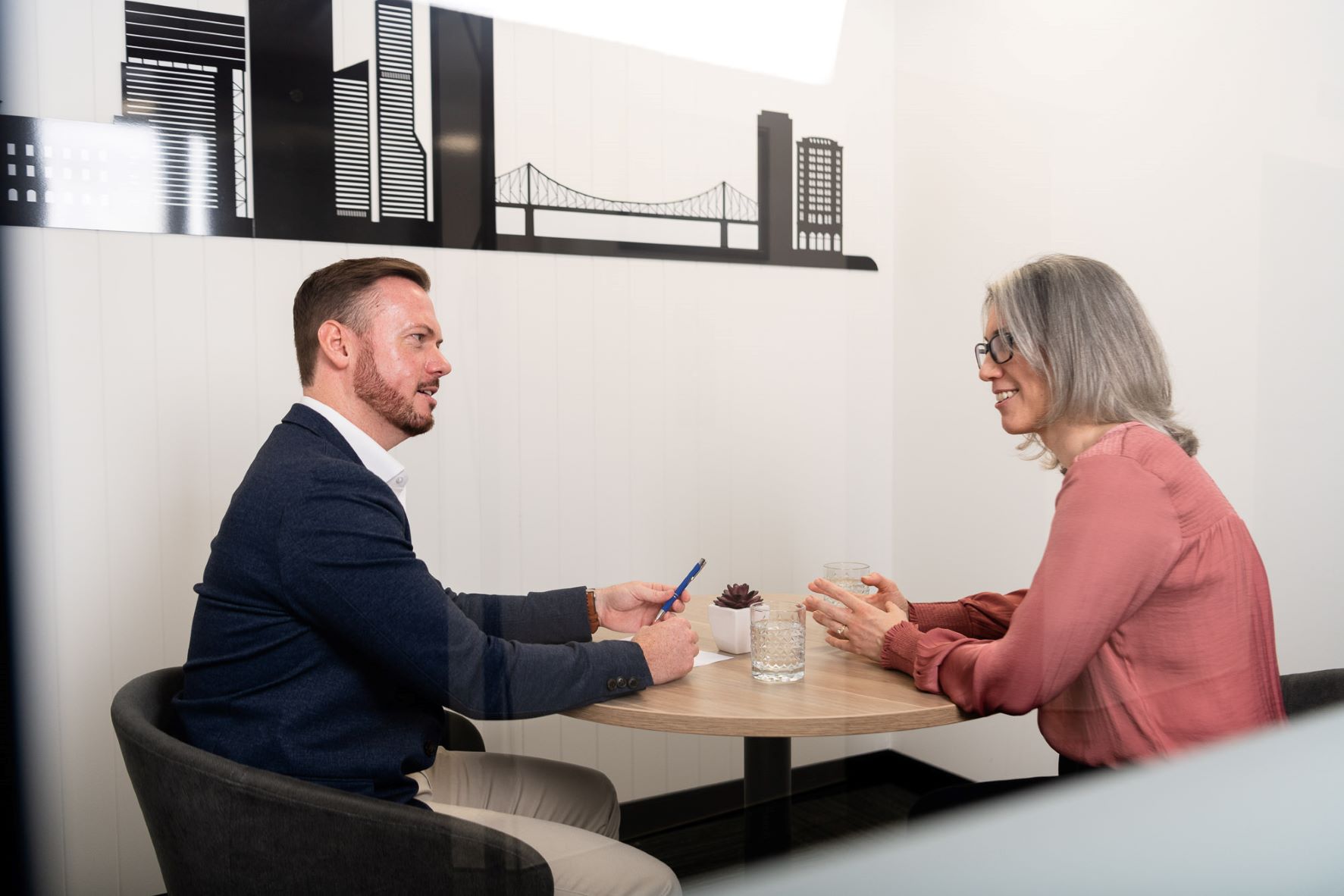Well done! You’ve been shortlisted. Now it’s time to prepare for your job interview.
Job interviews can be nerve-wracking, but they don’t need to be stressful if you prepare in advance.
So, we’re sharing our interview tips. Use these tips to mentally prepare and practise what you’re going to say with a friend or family member.
Before your interview
Understanding the purpose of the interview
In every interview, no matter how junior or senior the position, the interviewer will be probing for the answers to three basic questions:
- Can you do the job? (Your skills, qualifications, experience).
- Will you do the job? (Your motivation, attitudes and career goals)
- Will you fit into the team? (Your cultural match).
Most interviewers will relate to positive, friendly people, so you should project that image.
Understanding the prospective employer
The more information you have about the prospective employer, the greater your likelihood of success.
There’s a wealth of information available on the internet and through professional associations and networking groups. Look on the company website for annual reports and information about the company’s vision and mission. Investigate the organisation’s size, market sector, products and services, locations, growth, and recent headline news.
Ask your recruiter if you have extra queries and can’t find the information.
On the day of your interview
We want your interview to run smoothly and for you to feel calm and confident. If you’re interviewing for one of our roles, we’ll meet you just before the interview to ensure you have everything you need.
First impressions count
Don’t be late. There’s no worse way to begin an interview. Also, ensure you dress suitably. Wear your best work outfit: clean, simple and no strong or ‘loud’ colours. Also, don’t chew gum or smoke as these can detract from your message.
Be yourself
Speak clearly and enthusiastically about your experiences and skills. Be professional, but don’t be afraid to let your personality shine through.
Listen carefully
Firstly, be very careful not to ask a question that the employer has already raised. Secondly, make sure you answer the right question. Some people make the mistake of being so ready to give an answer that they don’t listen to the question first.
Address the job criteria
Nervous energy can be good, but not if you come to the job interview unprepared. So keep returning to your research into the company to show your interest and aptitude.
Be positive
Don’t talk about your bad feelings or give any excuses for a negative experience. For example, if the interviewer asks why your grades are low, state the positive facts and what you learnt from your experience rather than giving reasons why you didn’t achieve a good result.
Be poised
Pay attention to non-verbal behaviour. For example, look the interviewer in the eye, sit up straight with both feet on the floor. And try to control nervous habits such as fingernail biting and giggling.
Practice makes perfect
The only way to ensure your answers are clear and that you don’t ramble on or miss the point is to practice. The more you talk about what you do, the more confident and capable you’ll be on the day. The interview isn’t a play; it’s a conversation. So, you don’t want to look like you’ve memorised lines or be caught off-guard if the interview goes off-script. Keep it natural, and, with each run-though, become aware of how you could phrase answers using fewer words. Also, practice avoiding terms such as “like” and “you know”.
Consider tricky questions
One key element of how you prepare for your job interview should be to recognise areas of concern so that you can rehearse how to handle them when they inevitably come up. For example, if you’ve had a long gap in your employment history, be ready to talk about the positive reasons for that gap. Likewise, if you only stayed in your last role for six months and it was a permanent position, consider how you would explain your reason for pursuing another permanent role.
Never lie
It’s not only wrong to lie, but in employment negotiations, it’s ineffective. If you lie during negotiations, sooner or later, you’re likely to be caught. On the other hand, you won’t be rewarded for total candour either. You’re under no obligation to blurt out everything you know!
Closing the interview
A positive close can sometimes rescue an otherwise average interview performance. So, reaffirm your interest in the position and ascertain the next step in the selection process. Thank the interviewer for their time and depart with another positive handshake and sustained eye contact.
If there’s one thing we want you to take away from this advice, it’s that you can never prepare for your job interview enough. So, before you start researching your prospective employer, read our common interview questions.






